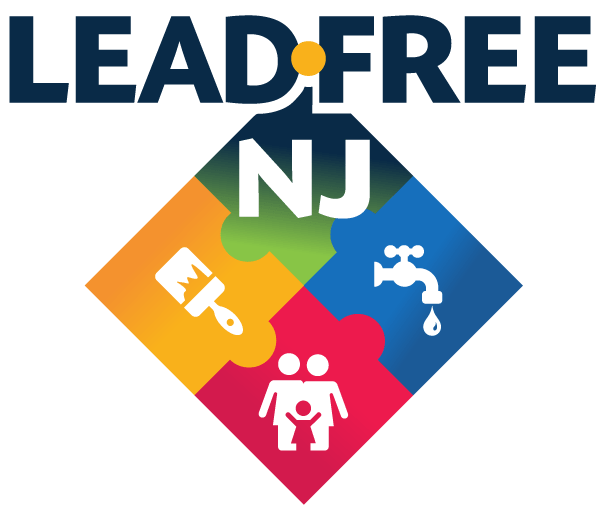Published by The Trentonian. Access the article here.
By: Shereyl Snider and Heather Sorge
Trenton has the highest percentage of childhood lead exposure among large municipalities in New Jersey. If we’re going to get serious about eliminating lead from our environment, it will require a renewed dedication to our state capital.
Residents of Trenton face numerous exposures to lead, constituting an ongoing environmental injustice. Children and adults may be exposed to lead from paint chips, dust indoors and outside, drinking water from pipes and fittings, soil contamination, vintage toys or drinkware, imported jewelry, makeup and more. Once exposed, lead builds up in bones, so exposures from multiple sources can accumulate to a significant amount of lead in the body.
Lead exposure is harming the health of children and adults in Trenton. Even a small amount of lead may have immediate and lifelong health effects, including damage to the brain and nervous system, and slowed development. This can negatively impact a child’s ability to pay attention and their academic achievement. A pregnant woman’s exposure to lead can cause high blood pressure, miscarriage, stillbirth, premature birth, and low birth weight. Lead toxicity can pass from mother to child affecting fetal and childhood development.
The largest source of contamination is lead paint. Most homes in Trenton were constructed prior to 1978, the year that lead-based paint was banned. These homes pose a higher risk of potential lead exposure, and residents need to be aware that paint in homes should be tested, and there are laws and programs in place to protect renters. Isles, Inc. offers lead testing and lead safe repairs in Trenton, and can be reached at 609-341-4747.
Another main source of lead contamination is drinking water. Since lead in water has no taste, smell, or visible contaminants, testing must be performed on water, and filters certified to remove lead should be utilized. With proper testing, cleaning, and filtering, lead poisoning is preventable.
Education and awareness is critical to protect the children of Trenton from being lead poisoned, and facilitating our remediation efforts. NJ law requires that all children between 9–18 months and again between 18–22 months be tested for lead levels, and all children three years or older must be tested by their sixth birthday. The most important thing a parent can do is to test your child’s blood lead level. This can be done through your pediatrician or a FREE Trenton Health Clinic.
We’ve known there is no safe level of lead for centuries, yet each year 3,500 children in New Jersey are found to have elevated blood lead levels above the federal standard. It’s time to change that. Get connected with your neighbors working on lead issues in Trenton at the East Trenton Collaborative and receive regular updates on news and events by joining their mailing list at: www.east-trenton.org. To find more information on lead exposure and lead poisoning prevention, visit www.leadfreenj.org where you will find access to multilingual resources and can become a Lead-Free NJ member.
